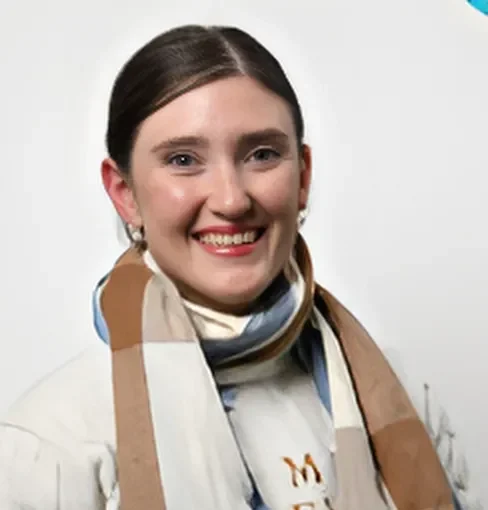Sara-Ashlee Tait seeing solutions, not obstacles in sport
“I am what they call a multi-sport athlete,” Sara begins. “I first started out in athletics as soon as I can remember. I played basketball, went to World Juniors for athletics, did Nationals in basketball, even joined the shadow squad for the under-25 Australian team. Then I moved into triathlon, went all around the world, did the Commonwealth Games. Now I’m predominantly doing rowing, but I still do marathons and triathlon in my spare time.”
For Sara, sport is more than competition. “Sport has always been my saviour. I have clinical depression and I’ve gone through some really dark places, but sport has always saved me. It’s empowered me without having to tell people—because I can just show them what I can do.”
But her journey hasn’t been free of obstacles. “At school, I was excluded from every PE session, every cross-country, every inter-school sport. Teachers would say, ‘It’s OH&S, you can’t come on the oval,’ and I’d be told to sit out. I went to Sickbay more times than I stayed in class. That scarred me.”
Even in clubs, Sara has heard: “‘We don’t cater for people with disabilities, we don’t know how.’ And I’ve often been left training by myself, watching others train together.”
What makes the difference, she says, is leadership. “One triathlon coach—it didn’t matter what ability you had, what injuries you had, she made it work. Barriers weren’t problems, they were solutions. That made me feel like I belonged.”
Her message to sporting organisations is clear: “Inclusion is not just a checkbox. It’s treating people as equals, asking questions, and actioning change. Everyone—from grassroots to elite—should feel they can thrive, whether they want to represent Australia or just have fun. It doesn’t have to be so hard.”

